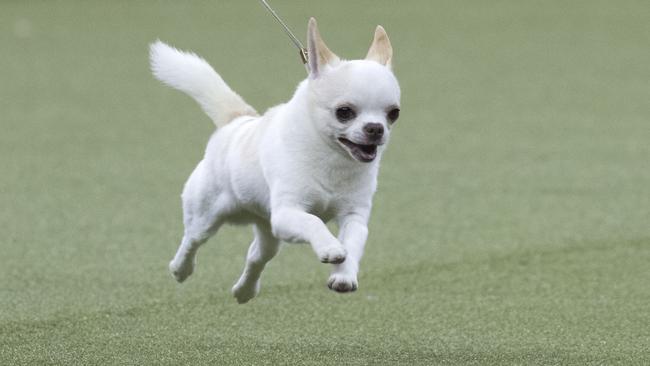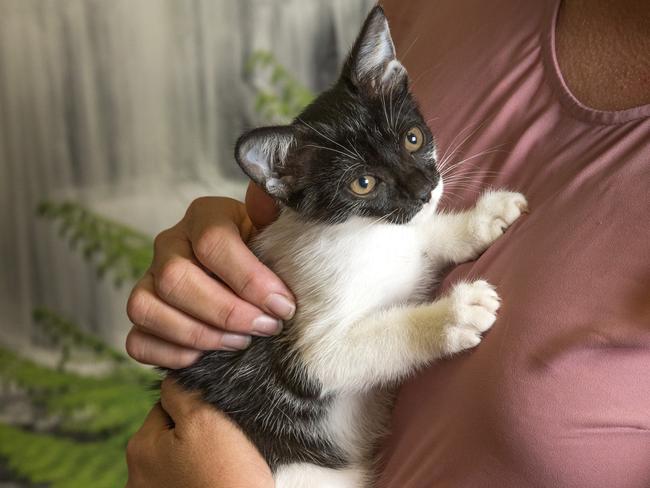Vet Anne Fawcett: Why small animals get sick easier
TINY animals are a bit like babies: they have fewer resources and can become critically ill more rapidly than their larger counterparts.

Liverpool
Don't miss out on the headlines from Liverpool. Followed categories will be added to My News.
COMPANION animal vets in Australia often refer to themselves as small animal vets. The truth is, our patients range in size from a few grams to up to 100kg.
We certainly see our fair share of patients at the smaller end of the scale.
Whether they are young animals like puppies and kittens, small breeds like chihuahuas, or smaller species like guinea pigs, rats and mice, being small brings its own challenges. Small animals are more prone to losing heat, because of their large surface area compared to their small mass. They are also vulnerable to fluid loss. For example, puppies and kittens can become rapidly dehydrated with vomiting and/or diarrhoea.

Tiny animals are prone to hypoglycaemia or low blood sugar. This can happen quickly if they don’t have enough food (for example, if they are unwell and off food) or if they burn energy by shivering (to keep warm). Hypoglycaemia can lead to seizures.

I often say to people that tiny animals are a bit like babies: they have fewer resources and can become critically ill more rapidly than their larger counterparts. Which means if you suspect they’re unwell, don’t hesitate to see your vet. Early attention can make all the difference.
Dr Anne Fawcett is a lecturer in veterinary science at the University of Sydney and a vet with Sydney Animal Hospitals Inner West.
Read her blog: smallanimaltalk.com
PAIR OF GUINEA PIGS GO FOR JOYRIDE


